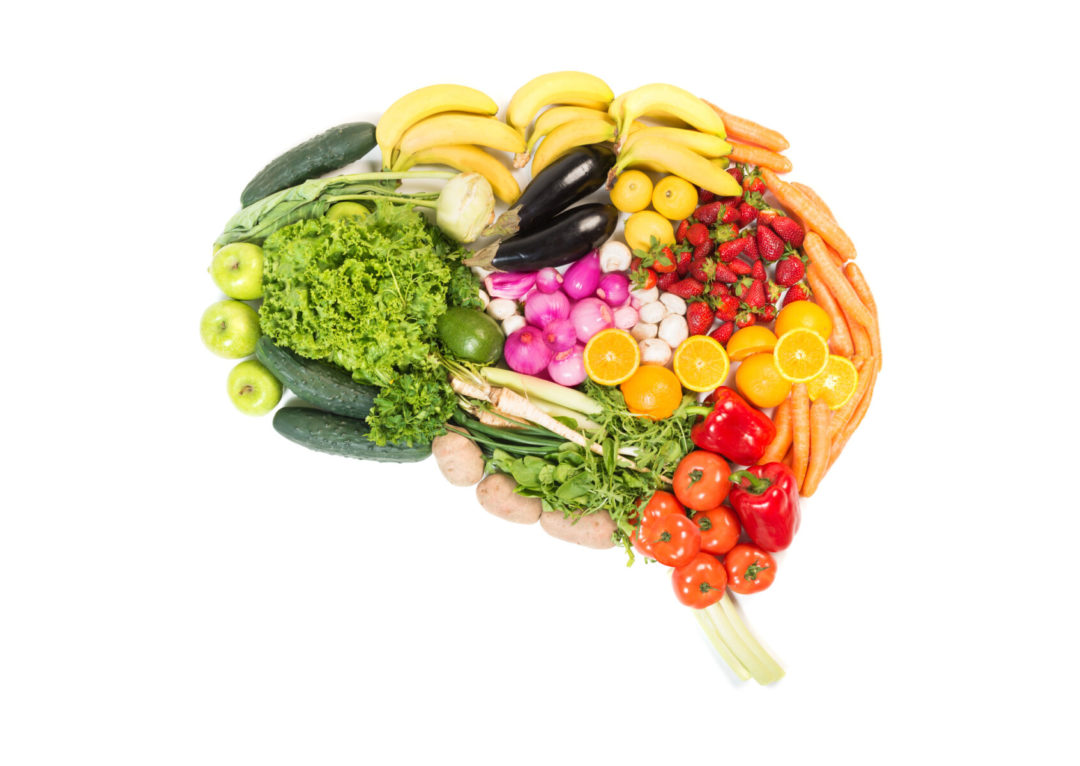That’s from Matthew Oster, Head of Consumer Health at Euromonitor International. Oster presented in the #NaturallyInformed eventMental Wellness: Mastering the Market, in the sessionNootropics Market: Nutrition for Memory & Cognition.Oster presented a remarkable amount of data, including this: The U.S. is a major driver of growth in the memory/cognition supplement arena. Consumers are stressed, and trying to handle family, work, friends, and global events at the same time—“under pressure from all corners,” Oster concluded, “there is a consumer need to stay sharp in their daily lives.”
Uma Naidoo, M.D., gave a presentation showing that diet can be an incredible tool for achieving this mental health, even in the face of immense pressure. Dr. Naidoo—Harvard psychiatrist, professional chef, and author ofThis Is Your Brain on Food—practices nutritional psychiatry, which offers clinical guidelines based on nutrition science and evidence-based research for the use of whole foods and nutrients to improve mental well-being. She stressed that this does not exclude the use of medications: “I will work with nutritional components and a nutritional psychiatry plan for individual patients, but one does not exclude the other.” Rather, she told attendees, diet and medication can go hand-in-hand to help patients achieve mental health.
“Not all medical schools educate properly on nutrition,” Dr. Naidoo pointed out. “We are not talking about how our body may be impacted by how we eat.” She went into detail on this topic, explaining that the gut-brain connection we’ve all heard about is quite literal: “Gut and brain are connected by the 10thcranial nerve, the vagus nerve. It works 24/7, it never shuts off, it is continually sharing messages between gut and brain. When food is digested, it adjusts the environment of the vagus nerve in the gut.” That’s not all, of course—there are other ways the gut and brain are connected, which she elucidated in her presentation,This Is Your Brain on Food.
Related: Study Links Fiber Intake with Lower Rates of Depression #NaturallyInformed: Creating a Happier, Healthier (and Successful!) Workplace Cognitive health: Still top of mind for consumers?
Dr. Naidoo discussed food labels, what to look for, and what to eat—including noting ways to make the nutrients in foods more bioavailable. She also discussed COVID-19 pandemic data regarding increase in suicidal ideation and a bump in new prescriptions for anxiety meds, and gave examples of patients she's helped through nutritional psychiatry. For all of this and more, register atwww.NaturallyInformed.netto view her full presentation.For those customers who would like the benefits listed on the food, jump back toNootropics Market: Nutrition for Memory & Cognition.Within that session, Joana Maricato, Market Research Manager for New Nutrition Business, discussed functional foods branding and how to catch customers’ eyes. Maricato pointed out that of those who seek benefits from food, interest in “brain function” has decreased, while interest in improved sleep has rocketed. “But we don’t think that this will stay on. There is consumer demand for products that support mental health by providing benefits such as concentration, attention.” Consumers are aware of some of the ingredients that provide these benefits, she told attendees, but those ingredients are hard to make into food. Nonetheless, there are successful examples, which she covered in her presentation, along with tips for getting into customers’ baskets.
For these full sessions and so much more, head towww.NaturallyInformed.netand sign up to view the event on-demand—as well as our three other past events,Driving Opportunities in the Microbiome Space, Driving Value Through Sustainability Across the Supply Chain, andTaking Control of the Immunity & Wellness Market—and consider signing up for our next event,Nutri-Beauty: Mastering the Market, taking place April 21-22, 2021.










